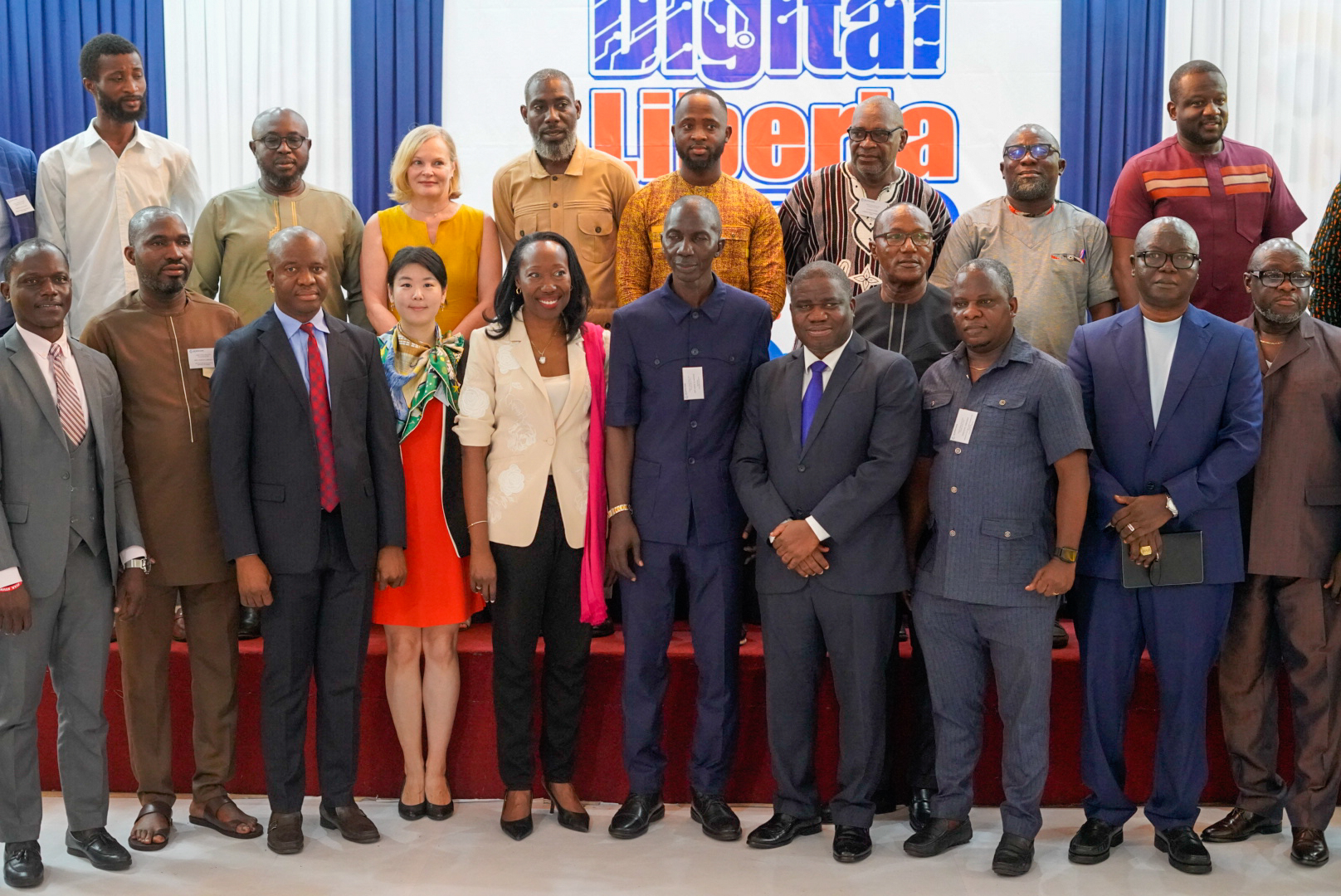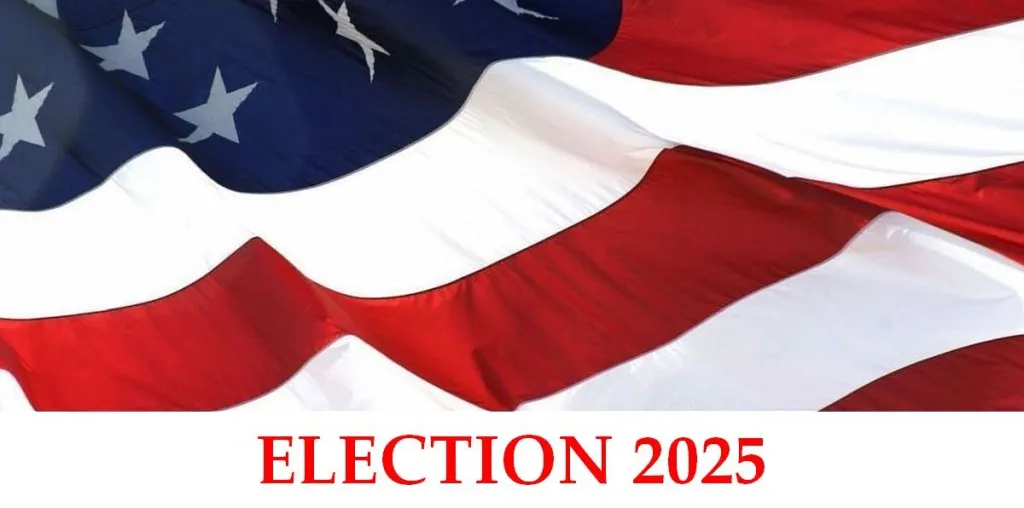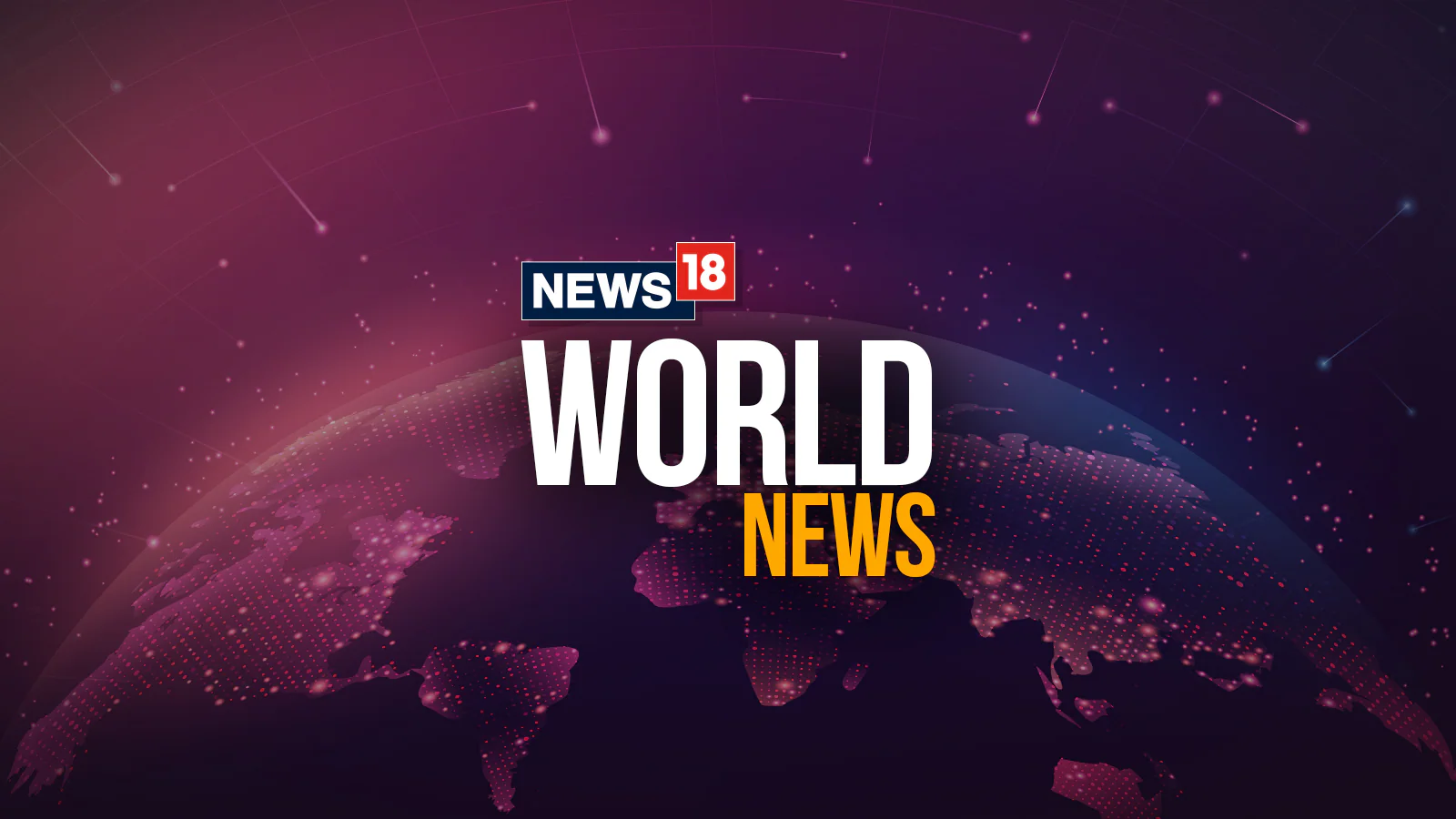Copyright gnnliberia

Monrovia, Liberia – The World Bank has thrown its full weight behind Liberia’s digital transformation, underscoring that the effort is less about technology and more about empowering citizens, fueling growth, and improving governance. Speaking at the launch of Digital Liberia Week 2025 at Monrovia City Hall, World Bank Country Manager Georgia Wallen highlighted the nation’s growing determination to use digital technology as a driver of inclusion, efficiency, and accountability. “Liberia is on a journey of transformation,” Wallen stated. “Digital technologies are not just tools—they are enablers of better governance, private investment, and job creation.” She stressed that the week-long event aims to solidify a shared purpose: to shape a digital future that connects technology with opportunity for every Liberian. Wallen structured her remarks around three core themes guiding Liberia’s digital journey: context, fundamentals, and people. The Country Manager noted a widespread recognition across government entities and communities that digital technologies can unlock faster and more inclusive development. The current push for digitization aims to ensure the transformation serves Liberia’s national development goals and reaches every corner of the country. Wallen warned that digital transformation can only succeed when the foundations are firmly in place. “It’s critical to get the basics right: reliable networks, resilient systems, and effective institutions that foster competition and accountability,” Wallen stressed. She added that connectivity alone is insufficient without trust. She praised Liberia’s efforts to strengthen cybersecurity, improve data protection, and promote digital accountability, calling these steps essential to building confidence in the burgeoning digital economy and ensuring institutions serve the public effectively. Ultimately, the World Bank sees digital transformation as a means to an end—improving lives and livelihoods. Wallen emphasized how digital technologies are beginning to open new pathways for farmers, entrepreneurs, and small businesses, specifically expanding opportunities for youth and women. “Jobs are the pathway to prosperity,” she said, highlighting the goal of using technology to create income and help people build better futures. She commended the collaborative efforts led by the Ministry of Education, the Ministry of Youth and Sports, the Ministry of Agriculture, and the Ministry of Post and Telecommunications to build digital literacy and align training with market demands. The World Bank Group affirmed its commitment to this vision, announcing support through a new Country Partnership Framework (CPF), set to launch next month, alongside a series of key government-led programs: Governance Reform and Accountability Transformation (GREAT) Project: Modernizing governance, strengthening cybersecurity, and expanding digital service delivery. Liberia Investment, Finance and Trade (LIFT) Project: Deepening financial inclusion, supporting entrepreneurship, and enabling small businesses to access finance. West Africa Regional Digital Integration (WARDIP) Program (Forthcoming): Set to strengthen the overall digital ecosystem by integrating markets, improving resilience, and expanding opportunities across sectors. Wallen concluded with a unifying message for all participants: “Digital Liberia – Empowering People, Powering Progress, and Enabling Growth.” She encouraged attendees to use the week to build networks, fuel partnerships, and boost confidence, creativity, and entrepreneurship.



